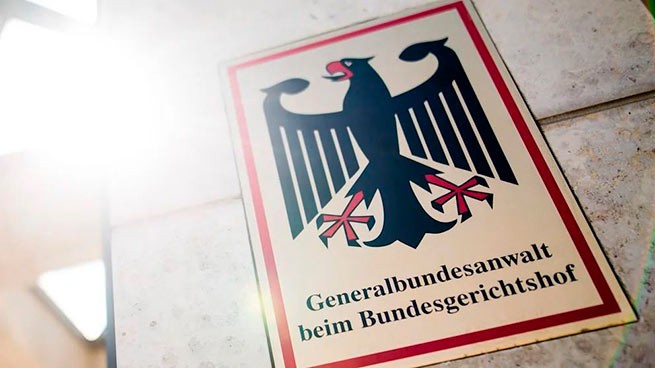The President of the National Vaccination Committee, Maria Theodorido, has made important clarifications for adolescents and children who are now being urged to get vaccinated.
A third dose is not recommended for those under the age of 18, she explained, except for adolescents and children who are immunocompromised due to medication or a medical condition.
As Ms Theodoridou said, children who are sick and are planning to get vaccinated should know the following:
Children and adolescents who have had or are sick with coronavirus should receive a dose of the vaccine three months after the end of the disease.
If 1 dose was administered to children and adolescents before the disease, an additional dose is not required.
The sensation was sparked by her report on type 1 diabetes in children under 18 30 days after getting CoViD-19. Ms. Theodoridou stressed that this is preliminary research, but it comes from a credible source.
Ms Theodoridou also referred to new epidemiological studies supporting the safety of vaccines in children, and, going back to the National Vaccine Committee’s reasoning for recommending vaccinations for children and adolescents, said that vaccination clearly protects them.
She mentioned the multisystem hyperinflammatory syndrome MISC, which occurs two to six weeks after illness, whether mild or not, noting that, according to recent reports, two doses of Pfizer vaccine effectively protect against this syndrome.
The President of the National Vaccination Committee also mentioned the increased incidence of diabetes among children under the age of 18 with COVID-19, which is supported by international research, highlighting that infection is an increased factor in the development of diabetes.
For the 4th dose
Returning to the questions asked about the fourth dose of vaccination, the President of the National Vaccination Committee said that this is something that will be discussed in the future, and the question of the fourth dose depends on the epidemiological data.
She described the fourth dose of the vaccine so far, and when asked if she shares the optimism expressed by some that we will end the coronavirus in the spring, she said that “optimism is good, but it’s good to prepare for any other option.” …
“Omicron can create a high level of immunity, but it is not enough to create herd immunity,” she said. Theodoridou added that this virus has given us many options in a short amount of time and will probably give us more, so it makes sense for companies to prepare for the fourth batch. Optimism is needed, but also willingness, she said characteristically.
She stressed that the third booster dose provides very good protection and, in fact, is a shield against serious diseases.
Answering a question about the course of influenza in Greece, she said that we do not yet have data on the influenza epidemic, and in the case of a combination of influenza with coronavirus and a case that occurred in a pregnant woman from Israel, there are no significant factors.
Finally, Ms Theodoridou indicated that based on what she knew from colleagues, there are no intubated Omicron patients in our country.
It is worth noting that Ms Teodoridou began her talk by talking about the millions of classroom hours lost due to the coronavirus, and stressed that children and teachers had responded to the call for self-control even before schools opened. 2022 shouldn’t be the year of closed schools.






More Stories
Study: Scientists have discovered why children are more susceptible to coronavirus
22 arrests and confiscations took place in Italy and other EU countries in the case of "covid" EU funds (video)
Secret minutes of RKI meetings during the covid pandemic have been published – about lockdowns, vaccinations and masks